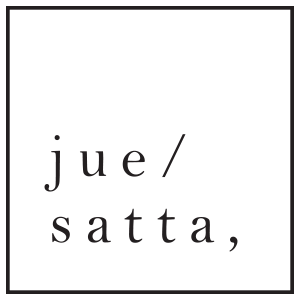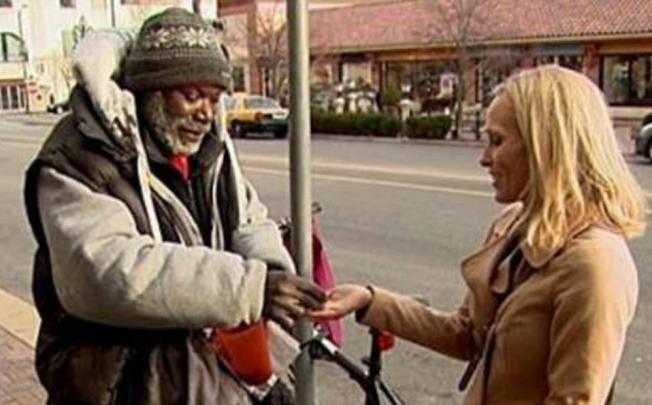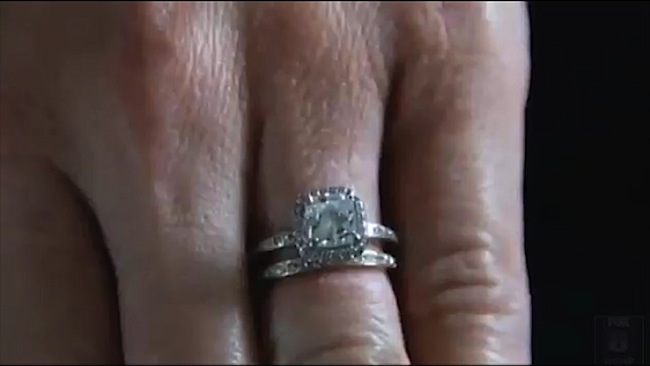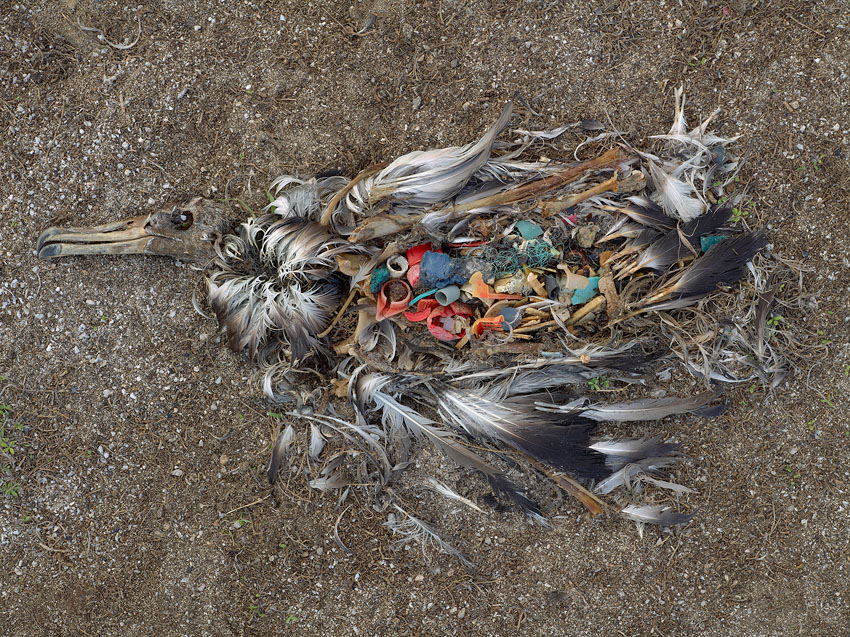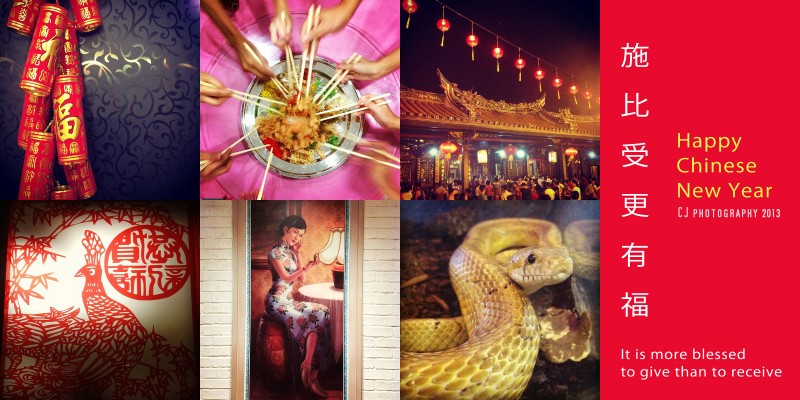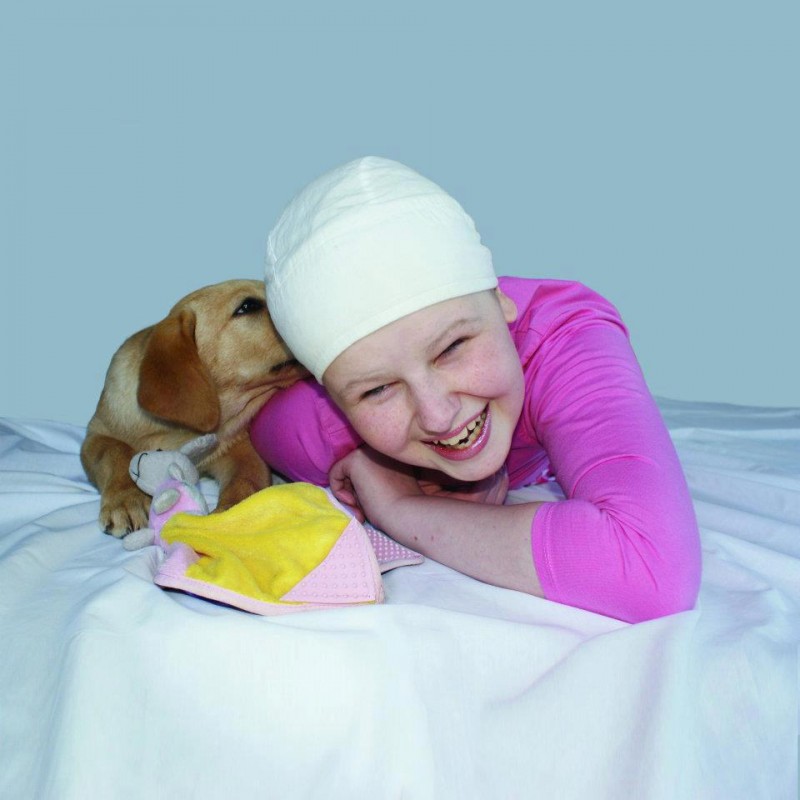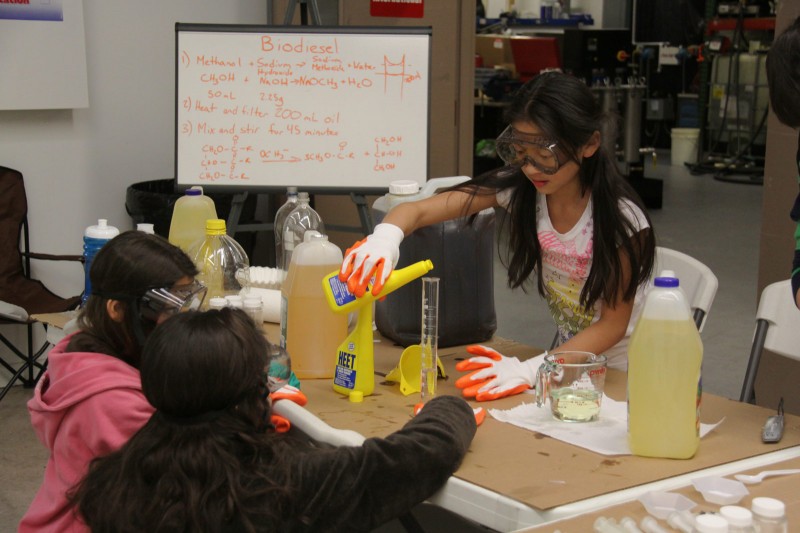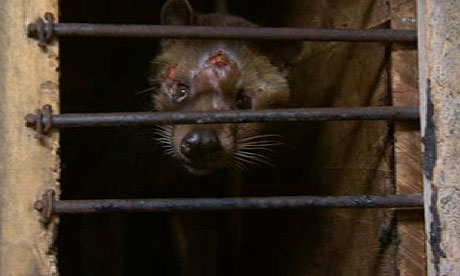A homeless man who returned a diamond engagement ring to a woman who mistakenly dropped it into his donation cup when she was giving him some spare change now stands to be handsomely rewarded for his selfless act.
A fund set up on GiveForward.com for Billy Ray Harris, the man who was panhandling on the streets of Kansas City, Mo., earlier this month when he received the valuable donation in error, had gotten more than $146,000 in donations as of Monday evening.
“It is good to know honesty still exists despite one’s circumstances which Mr. Harris exemplifies!” wrote one poster, who donated $25. Another who gave $100 added: “People from all over the world salute.”
The donations – more than 6,000 of them in varying amounts – have come in from all over the United States, as well as from Germany, Sweden, Australia, Ireland and other countries. In addition to the congratulations and good wishes that they offered, some donors also urged that Harris receive help to manage the money that was earmarked for him.
Harris himself seemed to be bemused by the outpouring.
“What I actually feel like is, what has the world come to when a person returns something that don’t belong to them and all of this happens?” he said last week in an interview with KTNV-TV, an ABC News affiliate in Las Vegas.
When Harris saw the unintentional donation in his cup on Feb. 8, he kept it safe until its owner, Sarah Darling, returned to ask about it. Her wedding and engagement rings had reportedly been bothering her, so she removed them and put them into her purse, and that’s how they ended up in Harris’ cup, KCTV reported.
News of Harris’ act – and Darling’s gratitude – have spread. KTNV-TV reported that complete strangers have sought Harris out to congratulate him and give him food.
The fund was started 10 days ago by Darling’s husband, Bill Krejci. It will close in 80 days, at which time the money will be given directly to Harris, according to a note on the fund’s web page.
In a note that Krejci posted on the website on Feb. 23, he wrote that he had met with Harris and they had chatted.
“We talked about a lot of things related to my family’s ring and the many donations. We talked about one day in the future the ring may one day be passed down to my daughter. We talked about how insanely positive all this has been. We talked about what he’s planning to do with the donations. The details would be better left for later but know that he has a very solid plan and a very solid way of making it happen,” Krejci wrote.
Another bit of good has apparently come out of Harris’ sudden fame. He and his sister have reconnected after having lost touch more than 20 years ago. She lives in Texas and has reportedly offered him a place to stay with her, KTVN reported. Harris is considering the offer.
[source : http://gma.yahoo.com/homeless-man-returns-diamond-ring-and-wins-big-180658337.html]